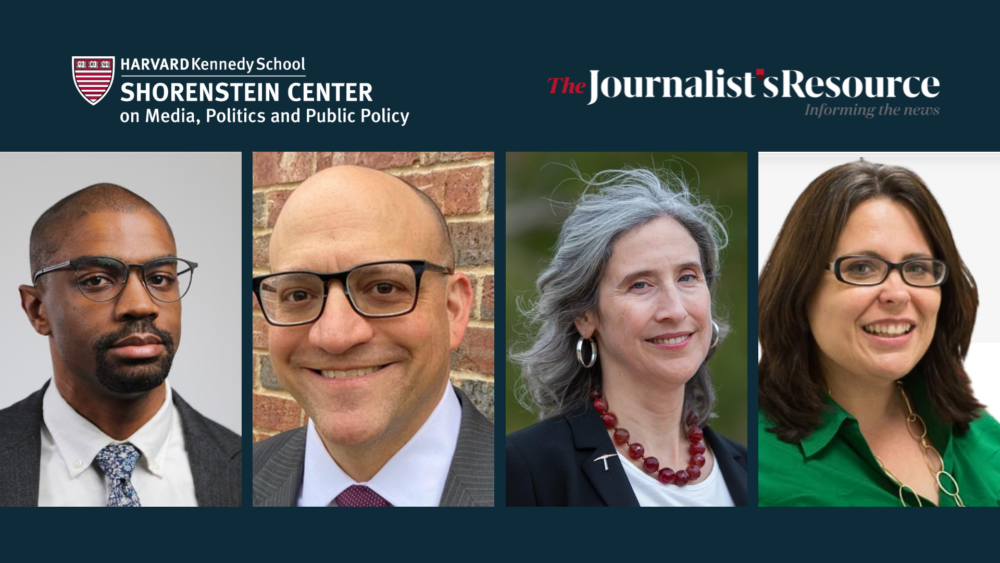
Videos
Digging into crime data to inform news coverage across beats
Reports & Papers
A paper by Peter Molnar, spring 2000 fellow, examines Hungary’s lack of press freedom and possible paths forward. Freedom of speech was less valued in Hungary’s fledgling democracy than it was before the fall of the Berlin Wall, argues Molnar. Such a contradiction is characteristic of the ongoing transformation in Hungarian society. An emerging democracy needs a vigilant free press to strengthen its citizens’ confidence in its institutions by making them transparent and accountable. But, as it will be shown, when freedom of the press is being seriously threatened, little effort is exerted to save it. This paper compares Hungary’s 1994 Constitutional Law Court’s (CLC) decision regarding defamation suits against public officials and public figures, with the New York Times rule, as well as the practice of the European Court of Human Rights. It also explores the elements of Hungary’s political environment that seem to make the expansion of press freedom a challenge – of interest for not only post-dictatorial but also all democracies. After a review of arguments against the adaptation of the New York Times rule in Hungary, a conclusion will be reached. Despite cultural differences, the New York Times rule is a most helpful measure for a democracy, especially in emerging democratic systems, argues Molnar.

Videos

Commentary

Videos